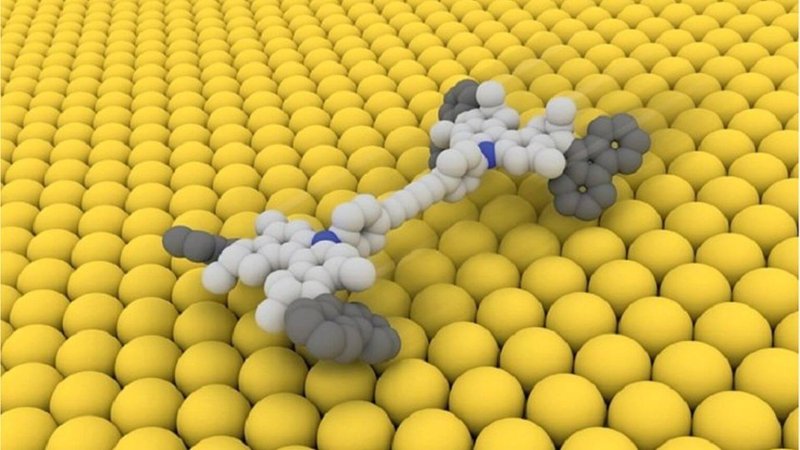The 2016 Nobel Prize in chemistry has been awarded for the design and synthesis of the world’s smallest machines. The work…holds huge promise in fields as diverse as medicine, materials and energy.
…
[Physicist Richard Feynman] anticipated one of the most widely discussed applications for molecular machines – in nano-robotic surgery and localized drug delivery.“Although it is a very wild idea, it would be interesting in surgery if you could swallow the surgeon,” Feynman [once stated].
“You put the mechanical surgeon inside the blood vessel and it goes into the heart and ‘looks’ around. It finds out which valve is the faulty one and takes a little knife and slices it out.”
…
“One of the biggest challenges these days is fighting antibiotic resistance developing in bacteria,” said Tibor Kudernac,…an assistant professor at the University of Twente in the Netherlands.
“This could be one way…to activate the antibiotics only for transient amounts of time when they need to be active in our bodies. But by the time they leave our bodies, they would already be inactive.”
The GLP aggregated and excerpted this blog/article to reflect the diversity of news, opinion, and analysis. Read full, original post: Robot surgeons and artificial life: the promise of tiny machines































